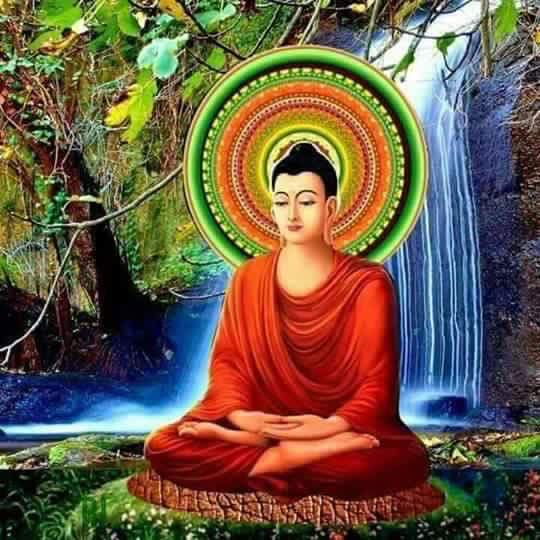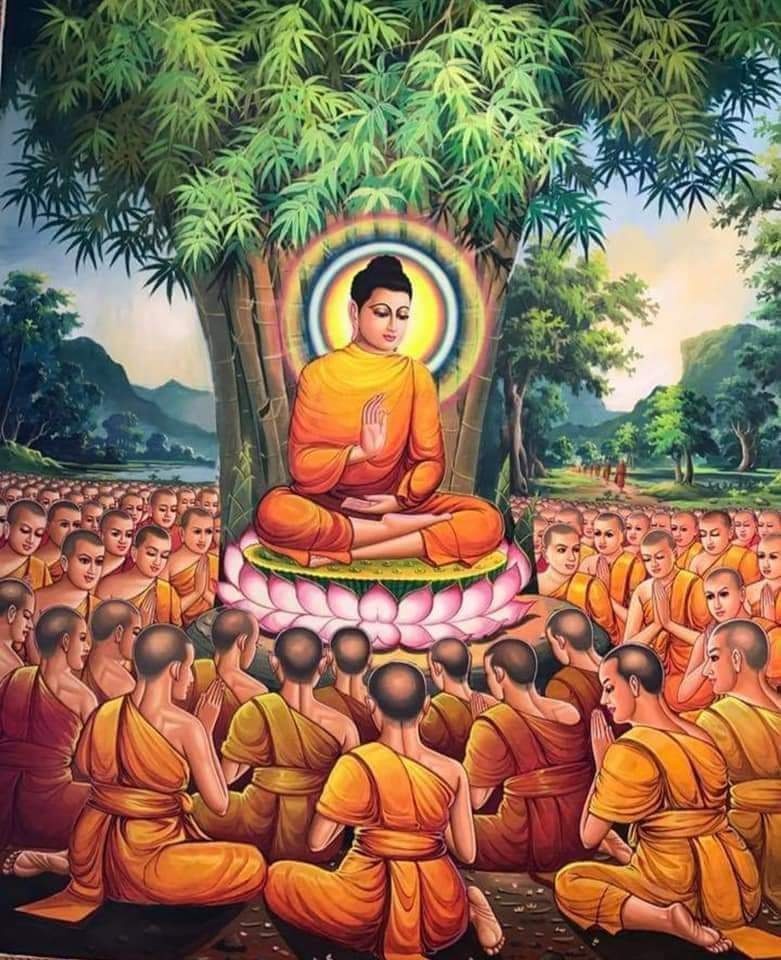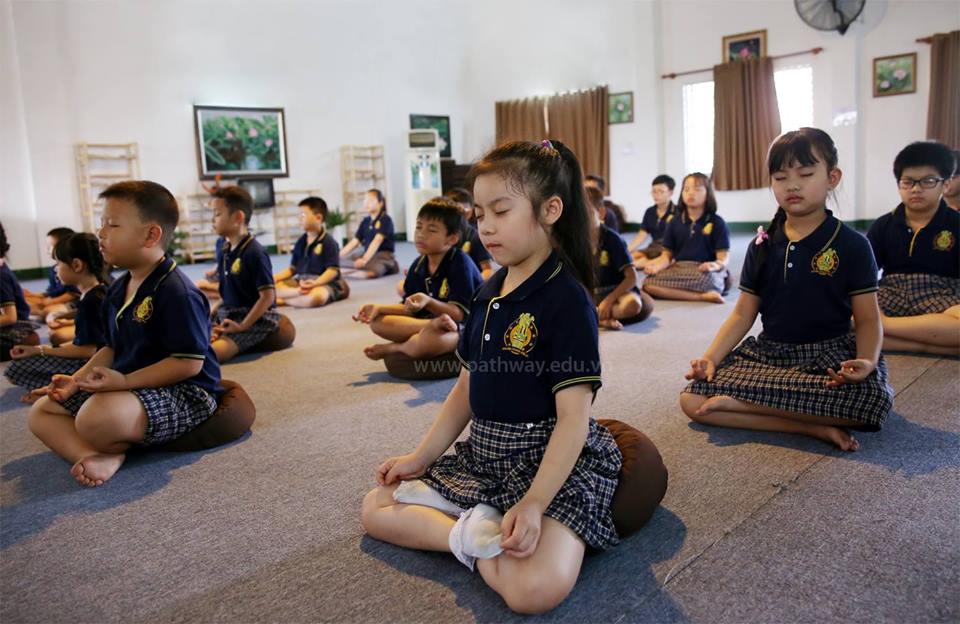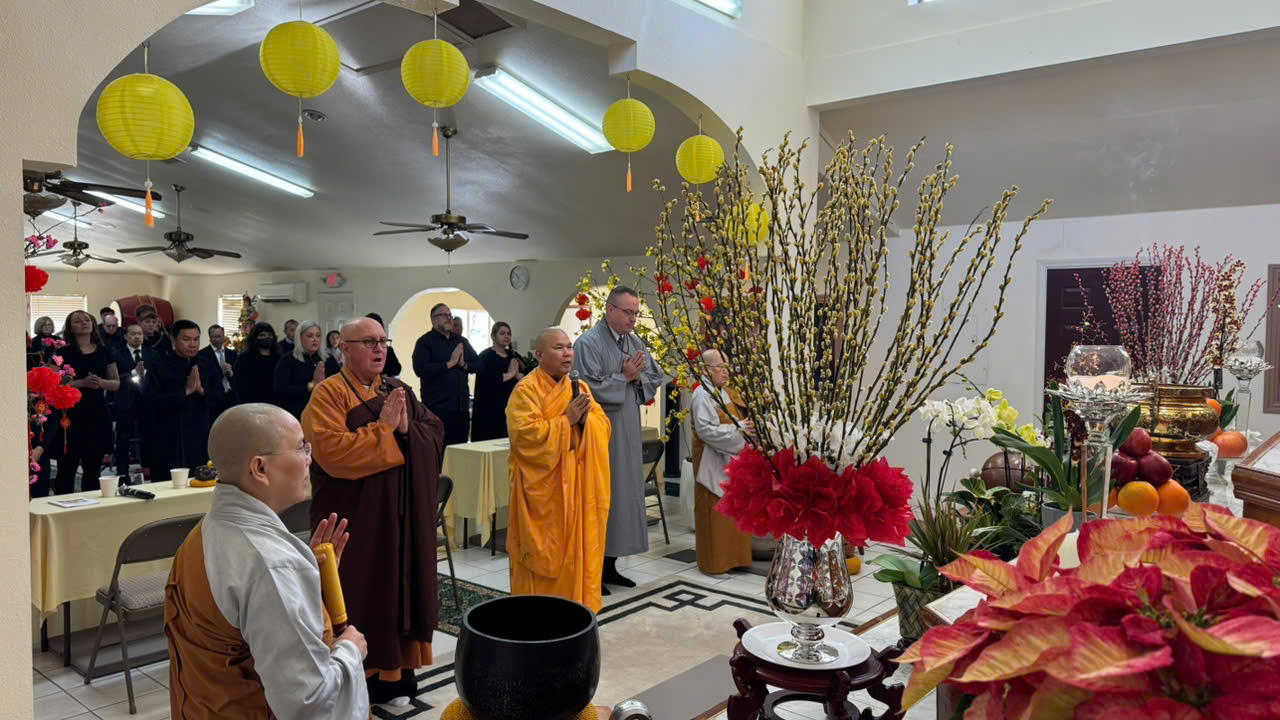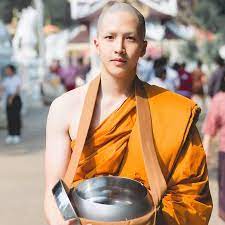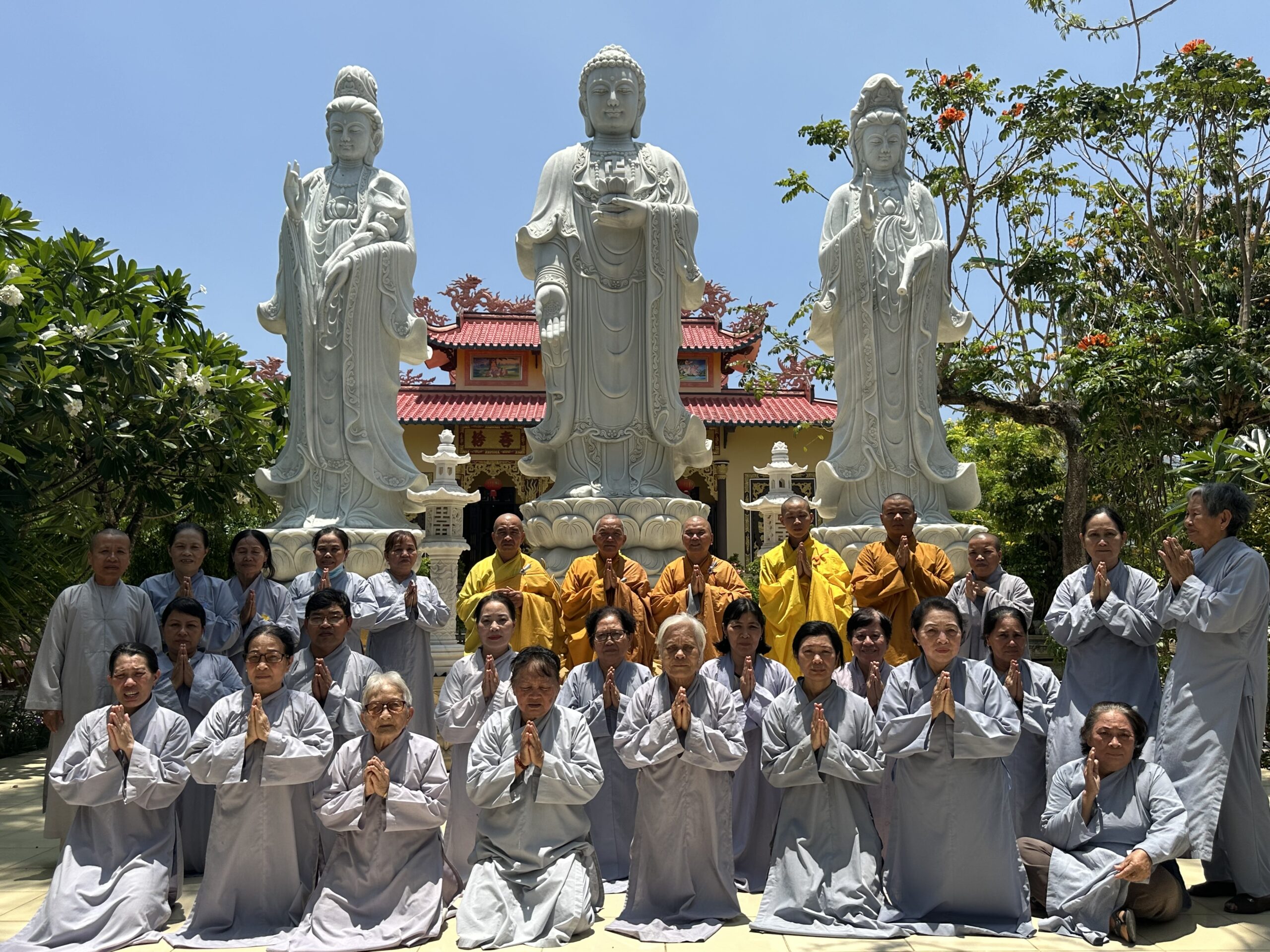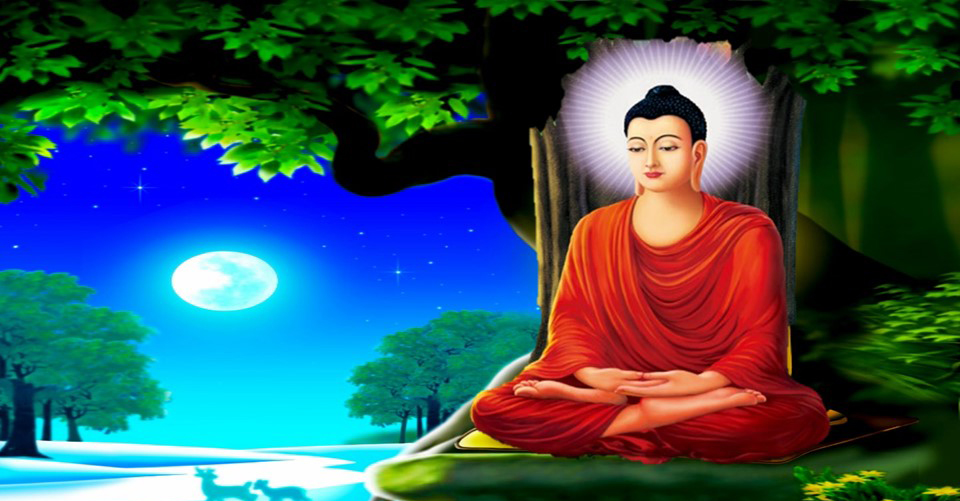Dharma Master Andrew. J. Williams
.
PRACTISE PURE DHARMA WITH PURE INTENTION
- ◆●════◆◇◆ ════ ●◆●
“To give the briefest answer that I can think of to a question I was asked recently, ‘Do you think that sectarian diversity affects the stability of Buddhism as a whole?’, I would have to say, ‘Yes’ and ‘No’!
My intention here is not to give a definitive answer, but to give readers ‘food for thought’, to enable each of us to be responsible and maintain pure intentions, to think for ourselves and develop genuine wisdom and compassion.
In the spirit of the Dharma, rather than dwelling on any possible problems, we should mainly focus on solutions to any such problems. With the hope of maintaining the integrity and purity of Buddhism in this world.
Firstly, we should briefly address the answer of ‘No’. The pure Dharma is just that, ‘Pure’, and cannot be affected by any worldly or conditioned phenomena, including by people or groups of people. By the ‘Pure Dharma’ I mean the teachings and instructions on the path to enlightenment given by a fully enlightened Buddha, as well as the result of the path, enlightenment itself. We won’t elaborate any further on this subject here and now, as it’s very deep and profound, and falls under the category of unthinkable and inexpressible ultimate truth.
So now let’s look at the answer of ‘Yes’. Although I feel that the so called ‘diversity’ itself may not necessarily affect Buddhism as a whole, due to the Dharma path being diverse because of the diversity in the understanding and habitual tendencies of living beings, the practise of the Dharma by individuals and groups of individual practitioners does affect Buddhism as a whole, depending on the individual practitioners understanding and intention.
If their understanding is sound and their intention is pure, then the stability of Buddhism will be affected in a positive way. It will be strengthened. But if their understanding is weak and their intention is impure, then the stability of Buddhism will be affected in a negative way. It will be weakened.
The Buddha said that the Dharma in this world can only be destroyed from within. In other words, by we Buddhist practitioners, and our intentions. Not by any outside influences. Therefore, it is imperative that Buddhist practitioners all over the world practise the pure Dharma with pure intentions.
We should be clear about our purpose, why we are practising Dharma, understand the Dharma methods clearly and precisely, and make genuine enthusiastic effort to put the methods into practise accurately. We should study and hear the Dharma, contemplate on the Dharma and absorb our minds with the Dharma. This way we can affect Buddhism in a positive way. But if we are lazy, have wrong intentions, and lack understanding in the Dharma methods and how to put them into practise, then we will affect Buddhism in a negative way.
It may be helpful for us to contemplate on the fact that the Buddha himself would teach the pure Dharma using different and varying examples, words and phrases, depending on who he was teaching at any particular time. For instance, if he was teaching a king, he would use expression that the king could relate to. If he was teaching a farmer, he would use expression that the farmer could relate to, and so on and so forth. Likewise, the Buddha taught on many different levels, depending on the varying characters, and degrees of intelligence and mental development of his students.
Years ago, not long after my teachers requested me to start teaching, I asked one of them for some advice on teaching. He simply said that if I was to teach a plumber, then I should use examples related to plumbing. If I was to teach a football player, then I should use examples related to football. He said that if I taught the plumber using football examples, or the footballer using plumbing examples, it would not only be unhelpful, it may also be harmful. He also added that I should teach by example.
So we should study, practise and share the Dharma well, both individually and collectively, and not waste our time merely arguing over things that we may not yet fully understand. Such as which vehicle is the highest and purest vehicle, which teaching is the highest and purest teaching and so on and so forth. Just as we should remove the arrow and take the medicine, if we were shot by a poisoned arrow, rather than only wanting to know all of the related details.
I hope that these words are somewhat helpful and beneficial on your path to enlightenment.”
- ◆●════◆◇◆ ════ ●◆●
~Dharma Master Andrew. J. Williams~







